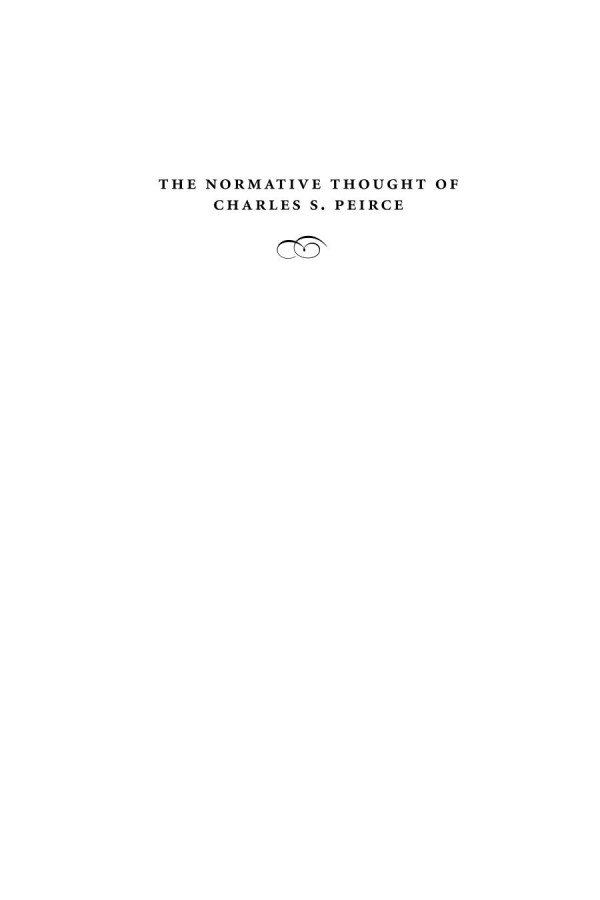

Most ebook files are in PDF format, so you can easily read them using various software such as Foxit Reader or directly on the Google Chrome browser.
Some ebook files are released by publishers in other formats such as .awz, .mobi, .epub, .fb2, etc. You may need to install specific software to read these formats on mobile/PC, such as Calibre.
Please read the tutorial at this link: https://ebookbell.com/faq
We offer FREE conversion to the popular formats you request; however, this may take some time. Therefore, right after payment, please email us, and we will try to provide the service as quickly as possible.
For some exceptional file formats or broken links (if any), please refrain from opening any disputes. Instead, email us first, and we will try to assist within a maximum of 6 hours.
EbookBell Team

0.0
0 reviewsThis volume explores the three normative sciences that Peirce distinguished (aesthetics, ethics, and logic) and their relation to phenomenology and metaphysics. The essays approach this topic from a variety of angles, ranging from questions concerning the normativity of logic to an application of Peirce’s semiotics to John Coltrane’s “A Love Supreme.” A recurrent question throughout is whether a moral theory can be grounded in Peirce’s work, despite his rather vehement denial that this can be done. Some essays ask whether a dichotomy exists between theoretical and practical ethics. Other essays show that Peirce’s philosophy embraces meliorism, examine the role played by self-control, seek to ground communication theory in Peirce’s speculative rhetoric, or examine the normative aspect of the notion of truth.